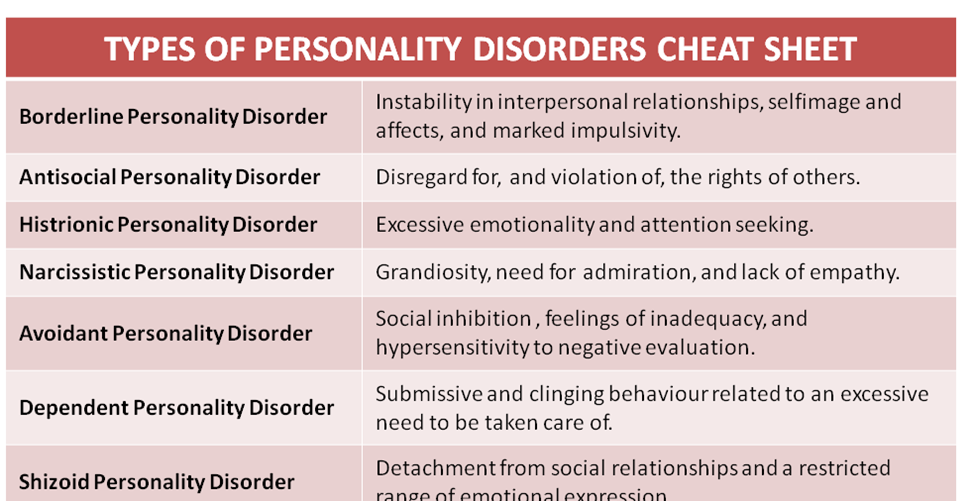Which nursing approach should be used to maintain a therapeutic relationship with a client diagnosed with borderline personality disorder?
Using authoritative leadership to help clients learn to conform to societal norms
Being firm, consistent, and empathetic, while addressing specific client behaviors
Promoting client expression by implementing laissez-faire leadership
Overlooking inappropriate behaviors to avoid promoting secondary gains
The Correct Answer is B
A. Using authoritative leadership to help clients learn to conform to societal norms: Authoritative leadership may be perceived as controlling and is unlikely to be effective with clients diagnosed with borderline personality disorder. It can lead to resistance and difficulties in building a therapeutic alliance.
B. Being firm, consistent, and empathetic, while addressing specific client behaviors: This approach is most appropriate. Clients with borderline personality disorder often benefit from clear and consistent boundaries, along with empathy from the nurse. Addressing specific behaviors helps establish a structured and safe therapeutic environment.
C. Promoting client expression by implementing laissez-faire leadership: Laissez-faire leadership, characterized by minimal interference or direction, is generally not suitable for clients with borderline personality disorder. They may struggle with emotional dysregulation and benefit from a more structured and supportive approach.
D. Overlooking inappropriate behaviors to avoid promoting secondary gains: Overlooking inappropriate behaviors may reinforce maladaptive patterns and hinder progress in therapy. It is essential to address and work through specific behaviors while maintaining empathy and consistency.
Nursing Test Bank
Naxlex Comprehensive Predictor Exams
Related Questions
Correct Answer is B
Explanation
A. "The voices talk only at night when I'm trying to sleep."
This statement does not necessarily indicate a direct threat to the patient or others. It may be a manifestation of hallucination, but it doesn't explicitly pose a danger.
B. "The voices say everyone is trying to kill me."
This statement suggests paranoid delusions and a direct threat to the patient's safety. The nurse should implement safety measures to protect the patient and others from potential harm.
C. "I hear angels playing harps."
This statement describes a positive or benign hallucination, which may not require immediate safety measures. While it might be distressing for the patient, it doesn't pose an imminent danger.
Correct Answer is D
Explanation
A. Histrionic Personality Disorder:
Individuals with histrionic personality disorder typically seek attention and may be overly dramatic, but self-harm as a response to perceived abandonment is not a characteristic feature.
B. Obsessive-Compulsive Personality Disorder (OCPD):
People with obsessive-compulsive personality disorder are characterized by perfectionism, preoccupation with details, and a desire for control. Michelle's behavior, including self-harm in response to perceived rejection, aligns more closely with borderline personality disorder.
C. Narcissistic Personality Disorder:
While narcissistic individuals may exhibit a sense of superiority and a desire for admiration, self-harm in response to abandonment is not a typical trait of narcissistic personality disorder.
D. Borderline Personality Disorder (BPD):
This personality disorder is characterized by unstable relationships, self-image, and emotions. Individuals with BPD may have intense fears of abandonment and engage in impulsive and self-destructive behaviors. Michelle's perception of being disliked, her claim of superiority, and the self-harming action in response to news of the nurse's vacation are consistent with BPD.

Whether you are a student looking to ace your exams or a practicing nurse seeking to enhance your expertise , our nursing education contents will empower you with the confidence and competence to make a difference in the lives of patients and become a respected leader in the healthcare field.
Visit Naxlex, invest in your future and unlock endless possibilities with our unparalleled nursing education contents today
Report Wrong Answer on the Current Question
Do you disagree with the answer? If yes, what is your expected answer? Explain.
Kindly be descriptive with the issue you are facing.
